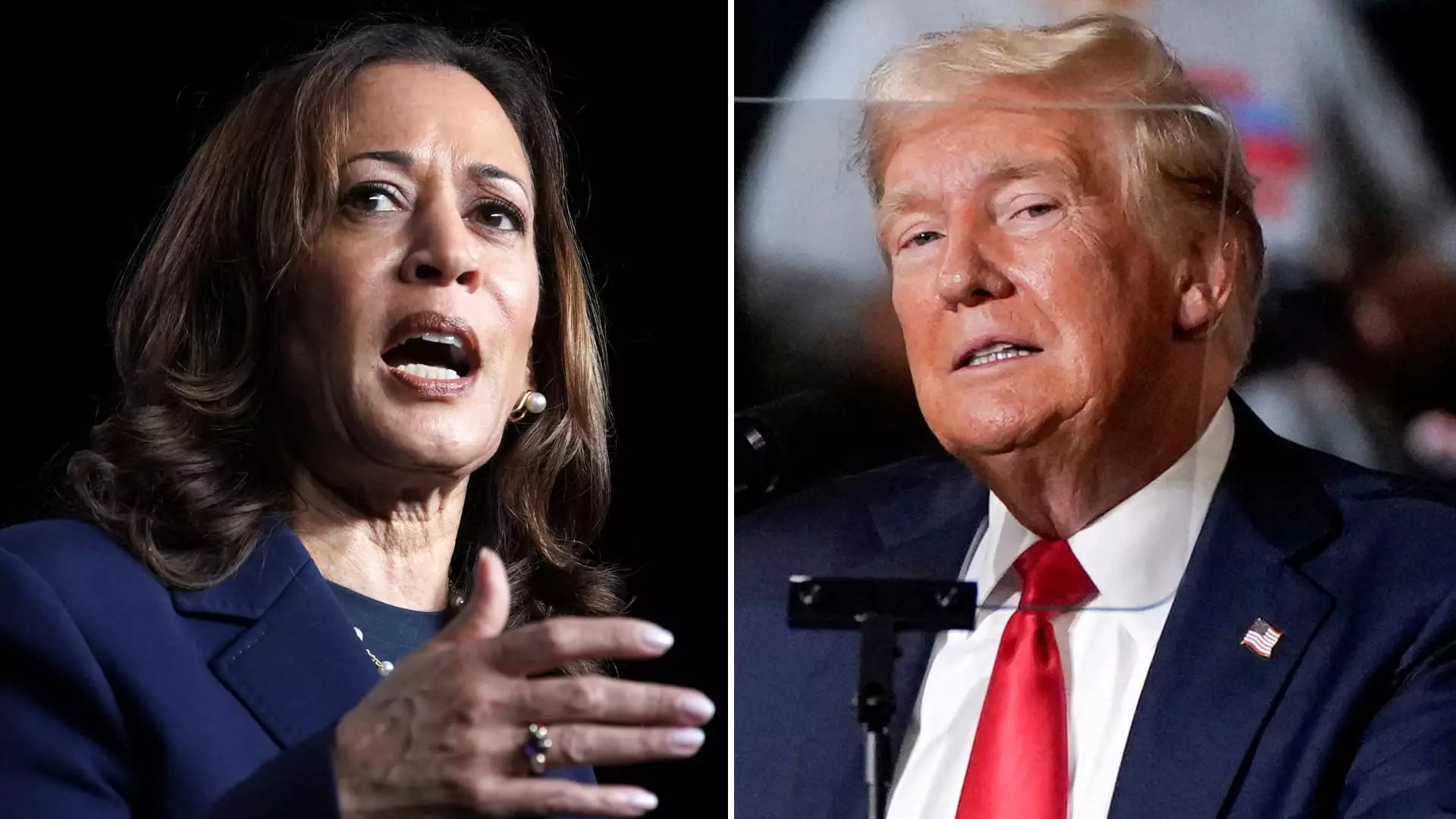The promise to eliminate taxes on tips in the service and hospitality sectors has gained traction among political candidates, with Vice President Kamala Harris and former President Donald Trump both pledging this initiative at separate rallies in Las Vegas. This proposal aims to appeal directly to voters in Nevada, a key battleground state heavily reliant on the hospitality industry, which employs a significant portion of the state’s workforce. Harris made the commitment during her rally, emphasizing her dedication to working families in America, including raising the minimum wage and eradicating taxes on tips for service and hospitality workers.
While the proposal has garnered support from some, it has also faced criticism from experts and economists. One major concern is the potential impact on federal revenue, with estimates suggesting a loss of $150 billion to $250 billion over the next decade if taxes on service tips are eliminated. Additionally, there are doubts about the effectiveness of such a policy in reducing the tax burden on low-income individuals. Economists argue that the benefits of a tax-free tip policy may not reach the intended demographic, as only a small percentage of low-income workers are in tipped positions. This could create a disparity where certain workers benefit while others do not, potentially leading to employers manipulating the system to their advantage.
Implementing a tax-free tip policy would require new legislation and congressional approval, posing a significant challenge for any administration seeking to enact such a change. Harris’s campaign officials have acknowledged the complexity of the issue, suggesting the need for income limits and regulations to prevent abuse of the policy by high-earning individuals. However, critics argue that these safeguards may still not address the underlying issues with the proposal, such as its limited impact on the most vulnerable workers and the potential for exploitation by certain employers.
In light of the criticisms surrounding the promise to eliminate taxes on tips, policymakers may need to explore alternative solutions that better target low-income workers while also addressing the financial implications for the government. This could involve revising the proposal to ensure that it benefits a wider range of individuals in need, as well as considering other measures to support the service industry without compromising tax revenues. By taking a more comprehensive approach to tax policy and labor regulations, policymakers can strive to achieve a fair and equitable system that benefits all workers, not just a select few in specific industries.

Leave a Reply